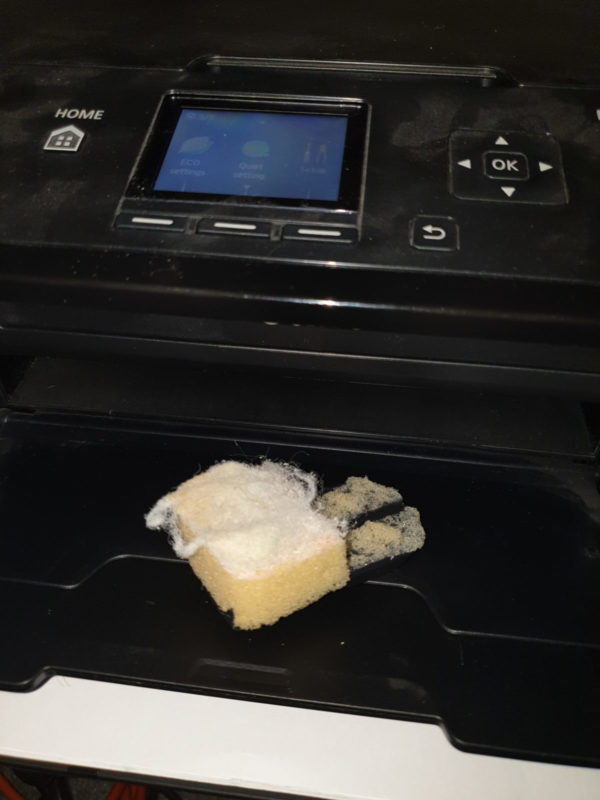iperf3 is a very useful network throughput testing tool, however the most prominent versions available for Windows are either old, buggy or superceded by newer builds. It's always worth keeping up to date with the latest available build, but most people on Windows won't be able to compile from source due to lack of knowledge/lack of time.
The ESNet project maintains iperf3 but doesn't release compiled binaries for Windows. Sites like the high-visibility iperf.fr only host up to v3.1.3 which dates back to 2016 - six years old as of writing, and the operator of that site appears to have gone AWOL or has stopped updating it.
Fortunately, the wonderful user BudMan on the Neowin forums decided to do something about this, and has been steadily compiling the latest iperf3 builds for Windows and hosting them for download since 2014! Someone should buy BudMan a beer. Another Neowin user CryptAnalyst has also recently begun compiling for Windows and is publishing builds to their GitHub. Spoiled for choice!
https://www.neowin.net/forum/topic/1234695-iperf-311-windows-build/ has the latest build linked directly, and you can download all previous releases from https://files.budman.pw.
For ease of use on the command line, don't forget to extract the zip to a 'persistent' location, then add that folder to your Windows PATH environment variable (it only takes a few seconds). Here's another guide on how to do it in Windows 10; the process is very similar for Windows 7 (see also https://stackoverflow.com/questions/23400030/windows-7-add-path).
Of course, adding the iperf3 path to your Windows PATH variable is optional, but it's convenient. Once done, you can just invoke "iperf3" from a prompt like anything else. Happy throughput testing.

